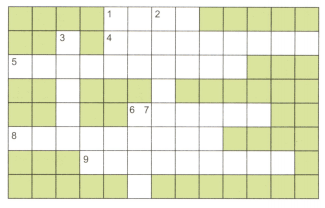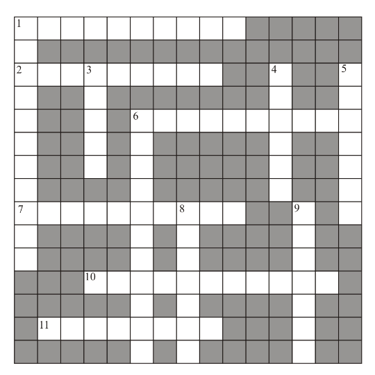EASY
9th CBSE
IMPORTANT
Earn 100
The empirical probability of an event is given by Number of trials in which happened number of trials. (One-fourth/Half/Total)
100% studentsanswered this correctly

Important Questions on Statistics and Probability
EASY
9th CBSE
IMPORTANT
| class | 0-10 | 10-20 | 20-30 | 30-40 | 40-50 | 50-60 |
|---|---|---|---|---|---|---|
| frequency |
| Column A | Column B |
|---|---|
| (A) class size of data | (a) |
| (B) lower limit of fifth class | (b) |
| (C) upper limit of third class | (c) |
| (D) class mark of second class | (d) |
| (E) frequency of sixth class | (e) |
EASY
9th CBSE
IMPORTANT
| column A | column B |
|---|---|
| (A) The scale of the probability is | (a) |
| (B) The probability of not getting a multiple of when a die is thrown is. | (b) |
| (C) A fair die is thrown, the probability of not getting a prime number is | (c) |
| (D) In a cricket match hits a boundary times in overs he played. The probability that he did not hit the boundary is | (d) from to (inclusive) |
EASY
9th CBSE
IMPORTANT
| Across |
|---|
1. Most frequency occurring observation. 4. Difference between the upper limit and the lower limit of a class. 5. Branch of mathematics that deals with the presentation. 7. Value of the middle most observation. 8. Number of times an observation occur in the data. 9. Mid-value of a class interval. |
| Down |
2. Numerical facts collected with a definite purpose. 3. The difference between the highest and the lowest value of the data. 6. Sum of the values of observations divided by the number of observation. |

HARD
9th CBSE
IMPORTANT
| ACROSS |
|---|
1. An event with a probability of 2. Two events are _____ if the outcome or occurrence of the first affects the outcome or occurrence of the second so that the probability is changed. 6. The _____ of an event is all outcome different from the favourable outcome. 7. A situation involving chance or probability that leads to a result called outcome. 10. The chance that an event will occur expressed as the ratio of the number of favourable outcomes to the number of possible outcomes. 11. Events are _____ exclusive if they cannot occur at the same time. |
| DOWN |
1. _____ events are events for which the outcome of the second event does not depend on the outcome of the first event. 3. A possible set of outcomes for an experiment. 4. A _____ space is the set of all possible outcomes for an experiment. 5. A result of an experiment. 6. _____ probability is the probability of an event occurring given that another event also occurs. 8. Outcomes are _____ likely if they have the same chance of occurring. 9. A _____ event has a probability of . |

